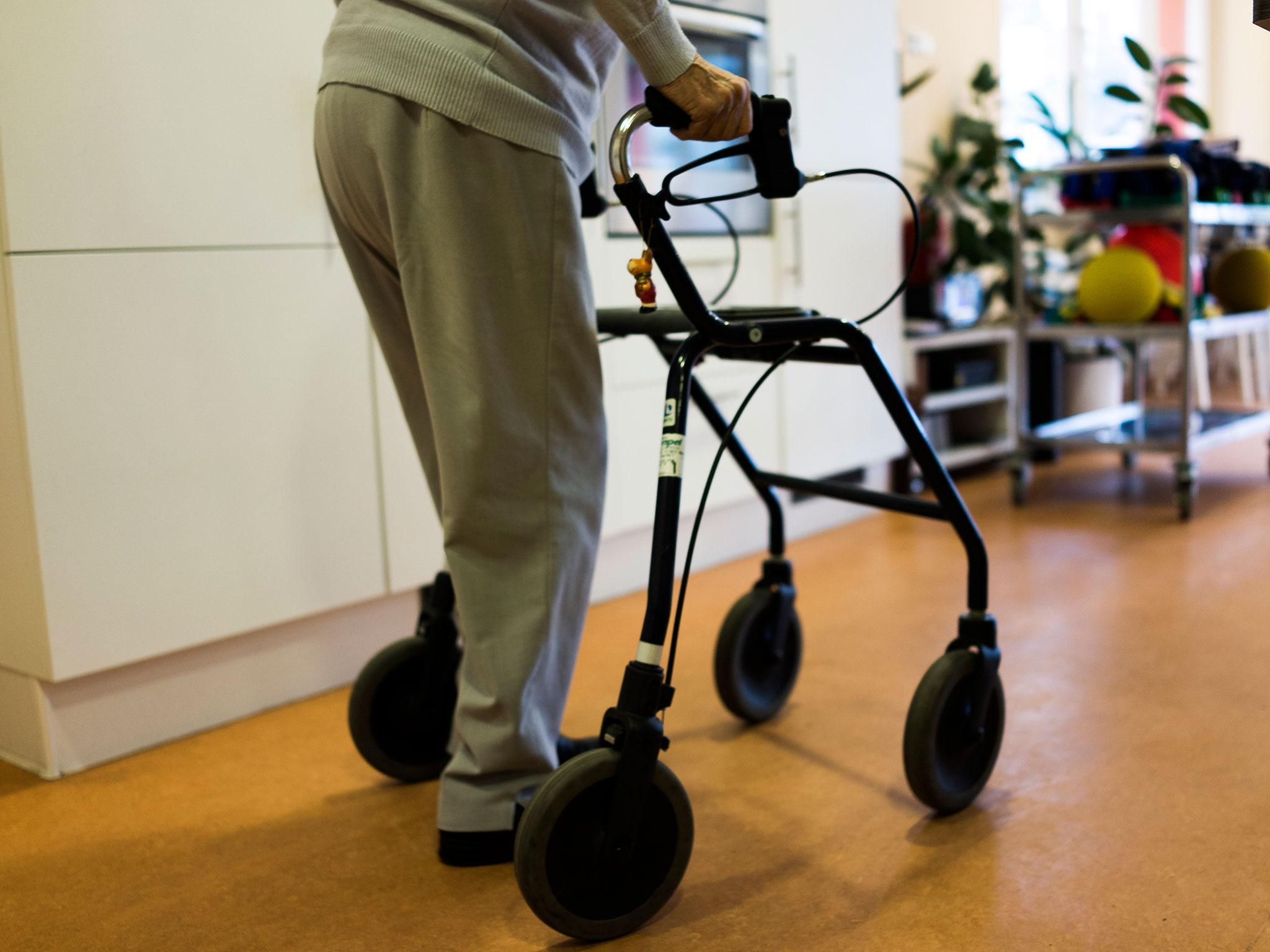How GPS devices can help find people with dementia when they get lost
People with dementia are prone to getting lost. Thankfully, there’s technology to help find them

Your support helps us to tell the story
From reproductive rights to climate change to Big Tech, The Independent is on the ground when the story is developing. Whether it's investigating the financials of Elon Musk's pro-Trump PAC or producing our latest documentary, 'The A Word', which shines a light on the American women fighting for reproductive rights, we know how important it is to parse out the facts from the messaging.
At such a critical moment in US history, we need reporters on the ground. Your donation allows us to keep sending journalists to speak to both sides of the story.
The Independent is trusted by Americans across the entire political spectrum. And unlike many other quality news outlets, we choose not to lock Americans out of our reporting and analysis with paywalls. We believe quality journalism should be available to everyone, paid for by those who can afford it.
Your support makes all the difference.Twenty-four satellites circle the Earth twice a day and transmit signals to global positioning system (GPS) receivers. The system is owned by the US military, but anyone in the world can use it to get their bearings and find their way around. It can be a lifesaver for people with dementia.
People with dementia can use a GPS device to help them feel safer when walking outdoors. Devices such as buddi and Safemate provide additional functions, such as an alarm button to call for help. The location of the person carrying the device can be viewed on a computer, tablet or mobile phone by another person. However, GPS works best when the device, or receiver, is outdoors. It does not usually work indoors or underground.
Leaving a building to walk outside is not without its risks for someone with dementia. The condition can affect a person’s ability to find their way around and their capacity to remember and process things they see.
It is estimated that 40 per cent of people with dementia who live at home may get lost at some point, and about 5 per cent may get lost repeatedly. Over 1,000 people with dementia were reported missing in the UK in 2014-15. Evidence suggests that some family carers lock the person indoors to avoid the possibility of the person going out and getting lost. So local authorities and private companies offer GPS-enabled devices to support people with dementia and their carers.
It is important that solutions are found because people with dementia have a right to expect effective measures are taken to help them get around and feel included in society. Also, research shows that people with dementia want to go outdoors and that it is good for them to be able to do so.
Alternative solutions
Evidence suggests that some people see GPS trackers as an infringement of civil liberties, whereas others consider it an effective means of maintaining a person’s safety. Generally, health and social care professionals tend to see the system as ethically problematic, whereas family carers believe it is worth using.
Other solutions have been proposed or are being tried. In Japan, a company has created a 1cm sticker with a QR code on it containing the wearer’s contact details, which can be placed on a fingernail. Norway has considered legislation to allow healthcare workers to decide who warrants a GPS-enabled device.
Other initiatives do not use GPS but instead seek to provide a safety net in the event of a person with dementia going missing. For example, the Herbert Protocol is a UK initiative that encourages carers to complete useful information in the event of a person with dementia going missing. Safe havens – places where a person with dementia can go or be taken if they are lost – are seen as another possible solution.
I am leading a research project about the use of GPS by people with dementia and their families. We are talking to a number of people, including police officers, people with dementia and family carers, about their experiences of GPS to find out what they like about it and what they don’t like about it. A group of experts are advising us and will help us to create practical information for healthcare professionals and others to use.
So next time you use GPS to get from A to B, or to record a run or cycle ride, spare a thought for the potential health benefits of this system for people with dementia.
Ruth Bartlett, associate professor, University of Southampton. This article first appeared on The Conversation (theconversation.com)
Join our commenting forum
Join thought-provoking conversations, follow other Independent readers and see their replies
Comments